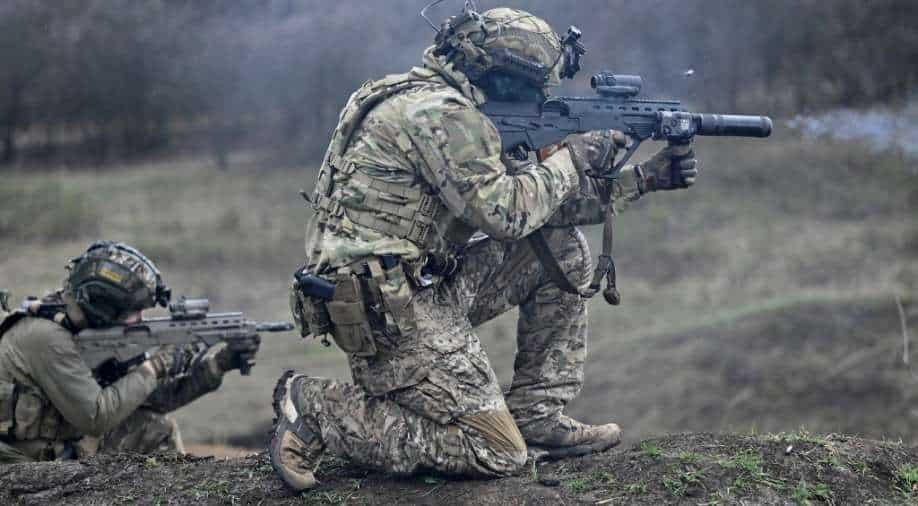
Several classified documents containing “secret details” of US and NATO plans for bolstering the Ukrainian forces for impending Russian offensive were leaked online, The New York Times (NYT) has reported.
The documents, which are currently circulating on Twitter and Telegram, have caused serious concern about reach of security and prompted the Biden administration to launch a probe into the matter.
Twitter and Telegram are the two dominant social media platforms used prolifically in Ukraine and Russia.
We are aware of the reports of social media posts and the department is reviewing the matter,” Sabrina Singh, the deputy press secretary at the Pentagon told the Times.
However, experts noted that the leak documents, which seems authentic, may very well be a hoax to distract the Russian forces in order to gain an upper hand in the disinformation game.According to the NYT report, the leaked documents have no information regarding battle plans and do not reveal how and when Ukraine intends to launch its offensive.
However, they do point towards an impending attack by the Russian military in the next month or so, as the documents are five weeks old, the report said.
The other information in these documents is about the training schedules of 12 Ukraine combat brigades, and they say that nine of them were being trained by US and NATO forces.
The documents also say that 250 tanks and more than 350 mechanised vehicles are needed to ward off the Russian forces, the newspaper reported.
The documents—at least one of which carried a ‘top secret’ label —were circulated on pro-Russian government channels, it said.
The documents also detail expenditure rates for munitions under Ukraine military control, including for the HIMARS rocket systems, the US-made artillery rocket systems that have proven highly effective against Russian forces, it added.
It is not yet known how the documents were leaked online, but pro-Russian government channels have been sharing and circulating the briefing slides, military analysts told NYT.
The analysts warned that documents released by Russian sources could be selectively altered to present the Kremlin’s disinformation.



